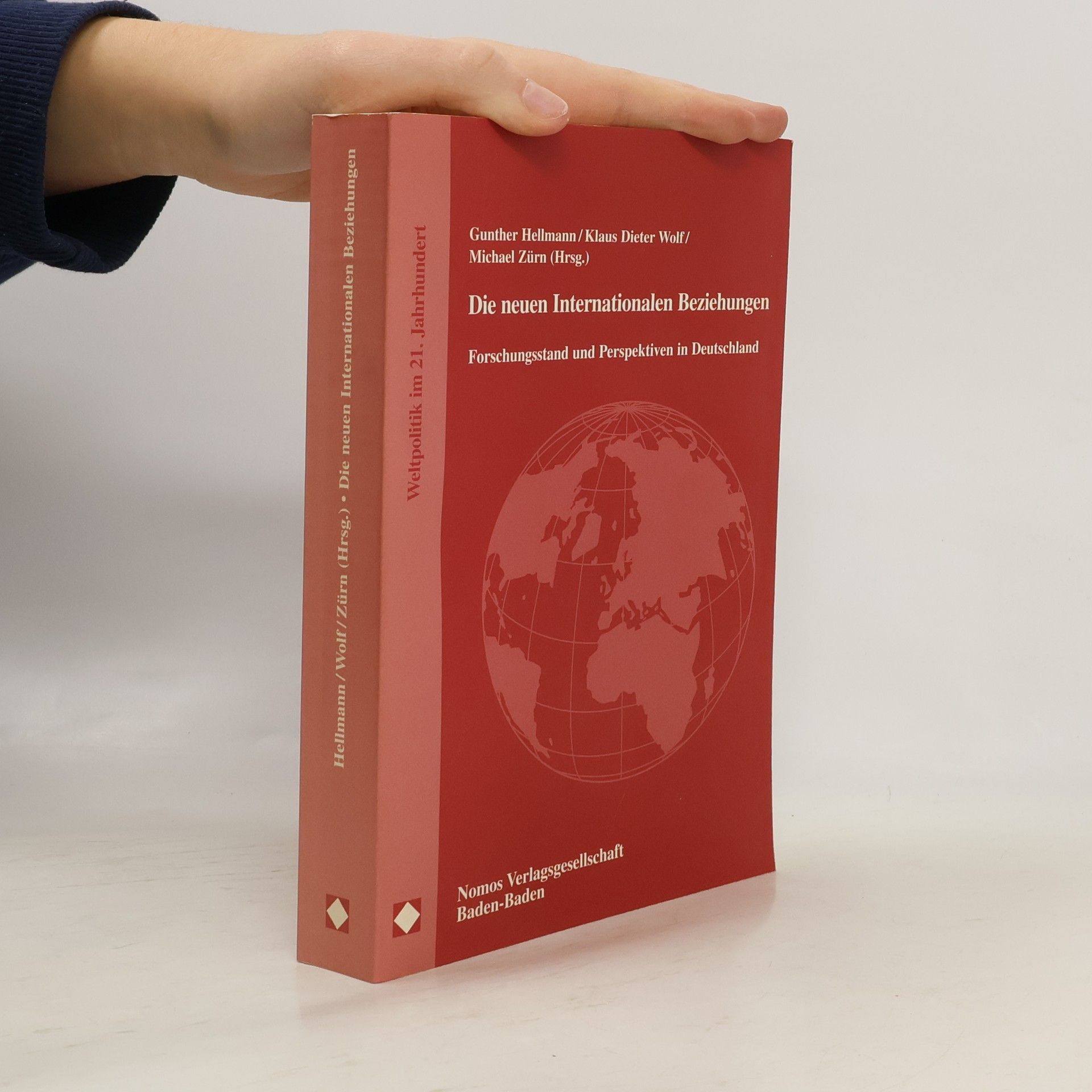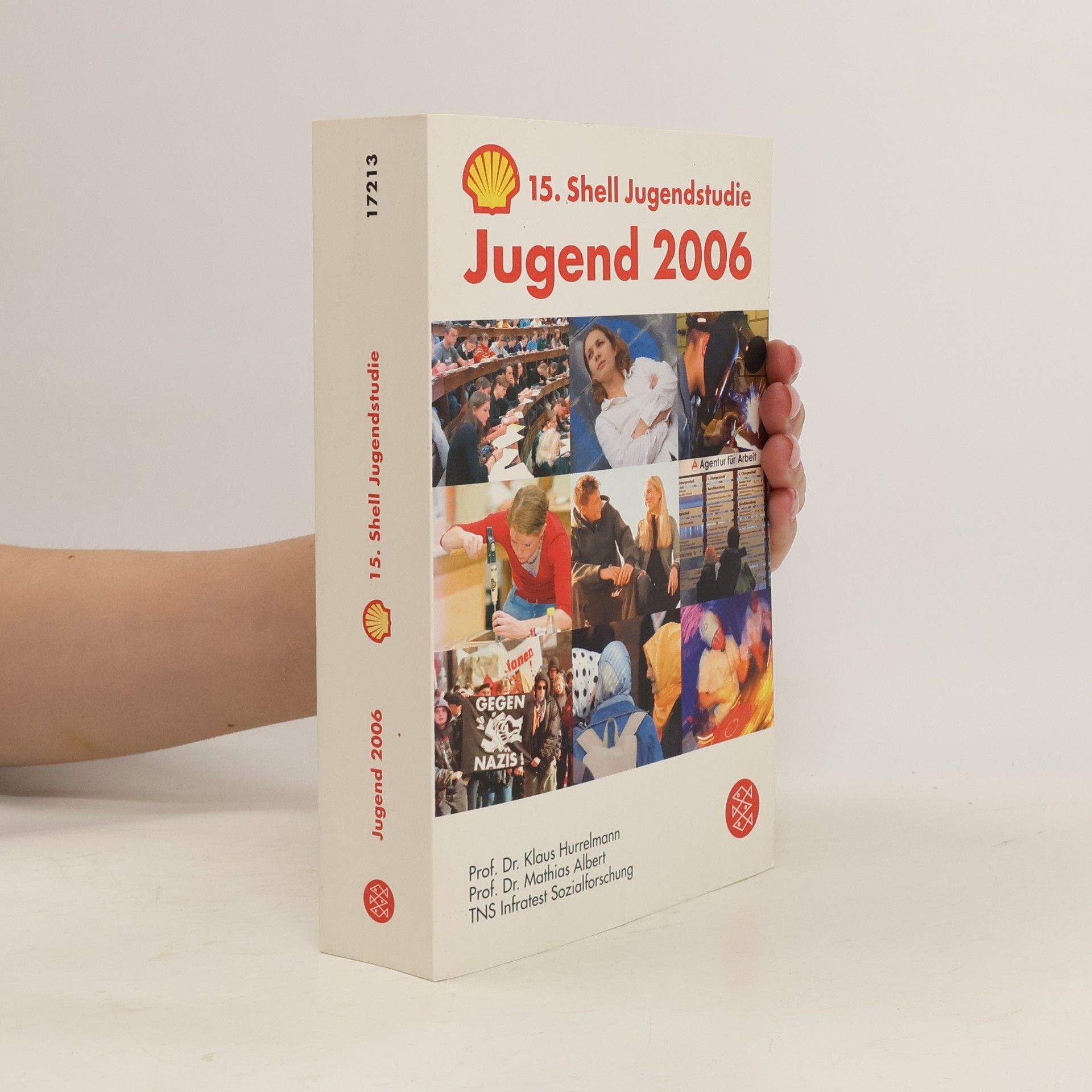Jugend 2024 - 19. Shell Jugendstudie
- 337 pages
- 12 hours of reading
Das Standardwerk der Jugendforschung Wie denkt und fühlt die Jugend von heute? Was beschäftigt die 12- bis 25-Jährigen? Was möchten sie erreichen? Und: Wie stehen sie zu Politik, Gesellschaft und Religion? Diese Fragen beantwortet die neue Shell Jugendstudie.Die inzwischen 19. Studie untersucht, wie die Generation der 12- bis 25-Jährigen in Deutschland aufwächst. Sie fragt nach der Rolle von Familie und Freunden, Schule und Beruf, Digitalisierung und Freizeit. Mit der Studie wurde das Forschungsteam Prof. Dr. Mathias Albert (Leitung), Prof. Dr. Gudrun Quenzel, Prof. Dr. Frederick de Moll und das demoskopische Institut Verian mit Ingo Leven, Sabine Wolfert, Anna Rysina, Dr. Sophia McDonnell und Ulrich Schneekloth beauftragt.Die Shell Jugendstudie gilt als Standardwerk der Jugendforschung in Deutschland. Sie erscheint seit 1953 und wird alle vier bis fünf Jahre herausgegeben.



